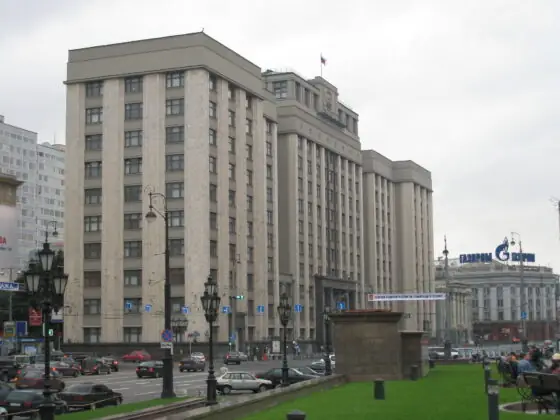We are witnessing the third wave of constitutional readjustment after the collapse of communism in post-Soviet Eurasia. Following the establishment of founding constitutional regimes in the early 1990s, the second wave occurred in the first half of the 2000s and derived from the malfunctions of the “patronal-presidential” systems (to use political scientist Henry Hale’s term) that had more or less been capable of running these countries in the first years of their existence. The second wave, often taking the form of hasty “revolutions,” in some cases produced what might be considered even more authoritarian regimes than before (Kyrgyzstan and Georgia); other readjustments proved to be half-minded (Transnistria) or produced unworkable political systems (Moldova and Ukraine). This memo focuses on three countries in the northwestern Black Sea Rim (Ukraine, Moldova, and, between them, the unrecognized state of Transnistria) and assesses their struggle to overcome the negative outcomes of the second wave (Ukraine’s Orange Revolution in 2004, Moldova’s shift to a parliamentary regime in 2000, and Transnistria’s de facto cohabitation after 2005). […]
Memo #:
96
Series:
2
PDF:
PDF URL:
http://www.gwu.edu/~ieresgwu/assets/docs/pepm_096.pdf








